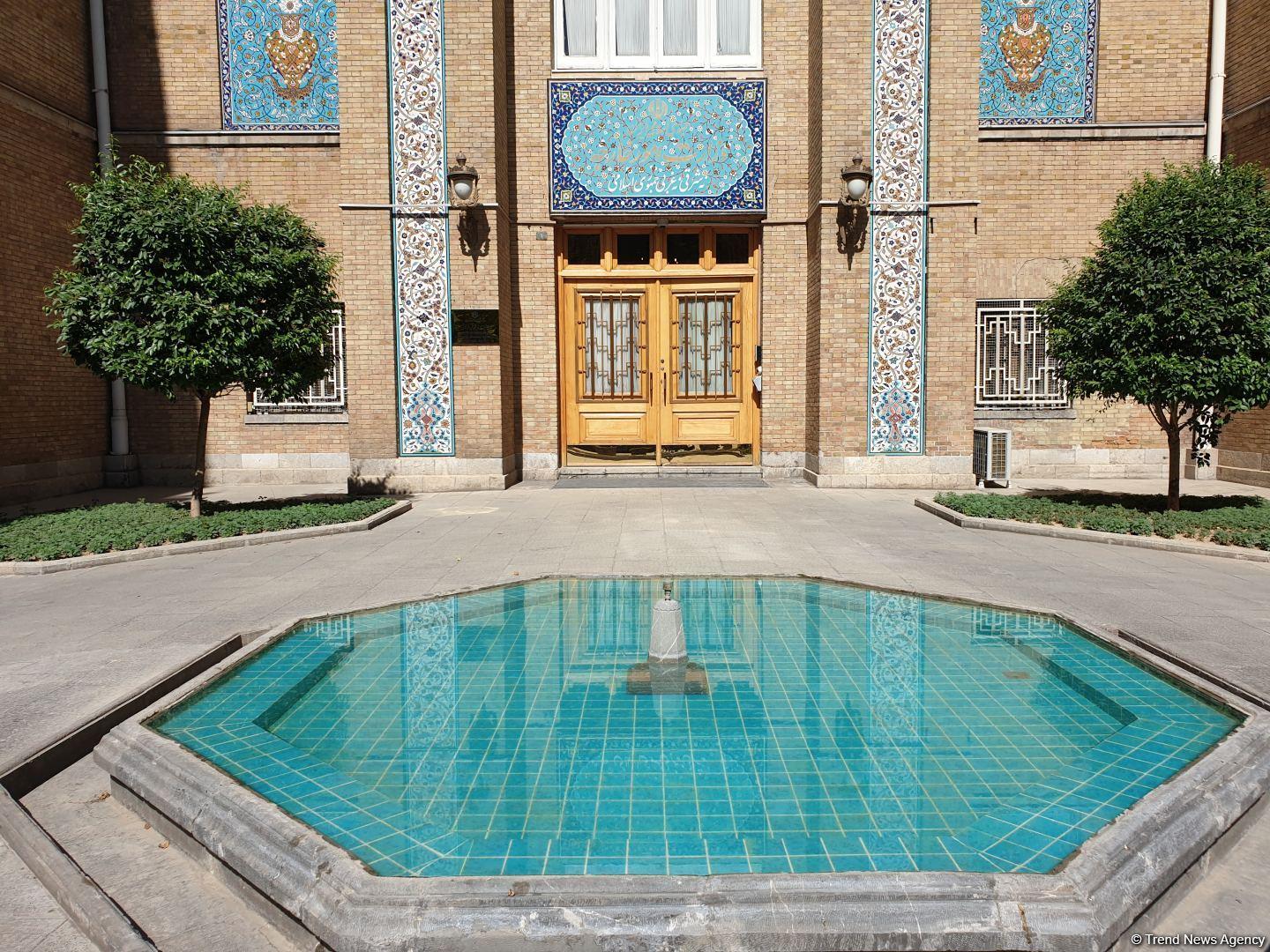Iranian MFA Putting Its Cards On Table Over Nation's Stance Before IAEA
Speaking at a press conference in Tehran, Baghaei stated that Iran had expected a fair report considering the recent attacks on its nuclear facilities, which the IAEA could have detailed to prevent similar incidents in the future.
Baghaei emphasized that the IAEA understands it cannot apply the pre-attack monitoring format, and Iran's position must be taken into account. The issue has been addressed in three rounds of discussions held in Tehran and Vienna, though no final resolution has yet been reached. According to Baghaei, the Iranian delegation is considering realities on the ground, the law adopted by the Iranian parliament, and the opinion of the Supreme National Security Council. A new cooperation format with the agency is currently being drafted.
The spokesperson further indicated that in the initial phase of May, materials procured by the agency were relayed to Vienna in a maneuver that contravened established protocols, which the agency subsequently conceded was an inappropriate action.
On the morning of June 13, Israel launched military air strikes against Iran. As a result of the coups, a large number of high-ranking military officials, generals, nuclear scientists, and other high-ranking officials were killed.
On the same evening, Iran responded to Israel with Operation True Promise III: hundreds of ballistic missiles and drones were launched at several targets, including Tel Aviv, resulting in civilian casualties and widespread destruction.
On June 22, the US launched military airstrikes on three Iranian nuclear facilities. It is reported that the airstrikes destroyed the Iranian nuclear facilities.
In addition, on the evening of June 23, Iran launched airstrikes on a US military base in Qatar.
On June 24, the Israeli Prime Minister's Office announced that the Israeli government had reached a ceasefire agreement with Iran through the mediation of US President Donald Trump.
Iran's Supreme National Security Council also issued a statement announcing the cessation of attacks.
On July 2, Iranian President Masoud Pezeshkian signed a law suspending cooperation with the IAEA. According to the law passed by the Iranian parliament, inspectors from the International Atomic Energy Agency (IAEA) are prohibited from entering the country to conduct inspections. Inspectors from the agency will only be allowed to enter the country after Iran's Supreme National Security Council confirms that the country's peaceful nuclear activities and the safety of its nuclear facilities are guaranteed.

Legal Disclaimer:
MENAFN provides the
information “as is” without warranty of any kind. We do not accept
any responsibility or liability for the accuracy, content, images,
videos, licenses, completeness, legality, or reliability of the information
contained in this article. If you have any complaints or copyright
issues related to this article, kindly contact the provider above.
Most popular stories
Market Research

- United States Lubricants Market Growth Opportunities & Share Dynamics 20252033
- Daytrading Publishes New Study On The Dangers Of AI Tools Used By Traders
- Newcastle United Announce Multi-Year Partnership With Bydfi
- Ecosync & Carboncore Launch Full Stages Refi Infrastructure Linking Carbon Credits With Web3
- Utila Triples Valuation In Six Months As Stablecoin Infrastructure Demand Triggers $22M Extension Round
- From Zero To Crypto Hero In 25 Minutes: Changelly Introduces A Free Gamified Crash Course



















Comments
No comment